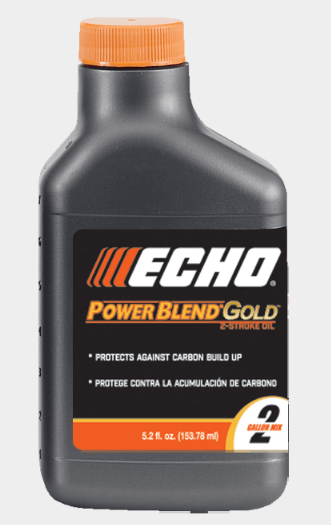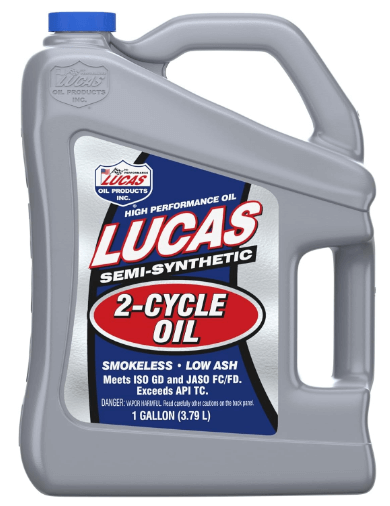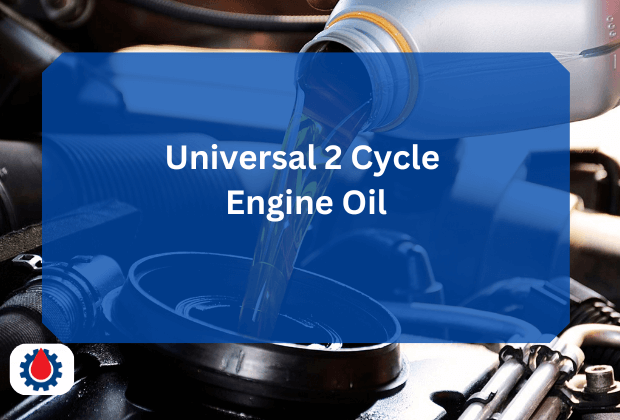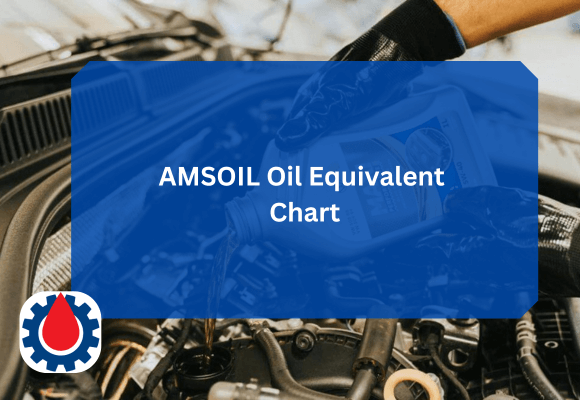When it comes to maintaining the performance and durability of your two-stroke (2-cycle) engines, the type of oil you use matters more than you might think. Whether you’re running a chainsaw, leaf blower, string trimmer, or a small outboard motor, using the right universal 2-cycle engine oil ensures your equipment stays in top shape.
In this guide, we’ll explore what makes universal 2-cycle engine oil essential, what to look for when choosing the right oil, and recommend three of the best options currently available.
Universal 2 Cycle Engine Oil
1. Husqvarna HP Synthetic Blend 2-Cycle Oil

Why it stands out:
Husqvarna is a trusted name in outdoor power equipment, and their HP Synthetic Blend 2-Cycle Oil is engineered to provide maximum performance in harsh operating conditions. It contains fuel stabilizers, making it a great choice for seasonal tools that may sit idle for months at a time.
Key Features:
- Synthetic blend for high-performance lubrication
- Low-smoke formula
- Enhanced detergents to keep the engine clean
- Excellent for chainsaws, trimmers, and blowers
- Compatible with multiple mix ratios (50:1 recommended)
Best for: Homeowners and professionals using high-revving tools frequently.
2. Echo Power Blend X 2-Cycle Oil

Why it stands out:
This oil is designed for high-output 2-stroke engines and is well-suited for both handheld and larger tools. Echo’s Power Blend X includes additives that help reduce engine deposits and ensure cleaner burning. It’s a semi-synthetic oil that balances cost and performance nicely.
Key Features:
- Semi-synthetic blend with fuel stabilizers
- Clean-burning and low-smoke formula
- ISO-L-EGD and JASO M345/FD certified
- Excellent for extended engine life
Best for: Homeowners and semi-professional users who want great value and performance.
3. Lucas Oil Semi-Synthetic 2-Cycle Oil

Why it stands out:
Lucas Oil is a well-known brand in the automotive and power equipment industries. Their 2-cycle oil provides outstanding protection and is suitable for both air-cooled and water-cooled engines. It is formulated to be practically smokeless, making it perfect for urban or residential areas where emissions are a concern.
Key Features:
- Semi-synthetic base for reduced carbon deposits
- Smokeless formula
- Suitable for oil-injected and premix systems
- Provides high film strength to prevent engine wear
Best for: A wide variety of equipment, including marine engines, motorcycles, and garden tools.
Related 2 Cycle Oil Calculator
What is Universal 2-Cycle Engine Oil?
Universal 2-cycle engine oil is designed to work with a wide variety of two-stroke engines, regardless of brand. It’s typically a synthetic or semi-synthetic oil formulated to:
- Lubricate the internal components of the engine
- Minimize smoke and carbon build-up
- Provide protection against rust and corrosion
- Ensure clean burning to reduce spark plug fouling and deposits
This type of oil is ideal if you own multiple tools or equipment from different brands, as it eliminates the need to buy brand-specific oils.
Related 2 Cycle Engine Oil Mix Chart(For Perfect Performance)
Why Choosing the Right 2-Cycle Oil Matters
Two-stroke engines are known for their simplicity, but that doesn’t mean they’re maintenance-free. A poor oil choice can lead to:
- Piston scoring and premature engine wear
- Excessive carbon build-up in the combustion chamber
- Spark plug fouling
- Higher emissions and smoke output
- Clogged exhaust ports
On the flip side, a high-quality universal 2-cycle engine oil can greatly improve your engine’s performance, extend its lifespan, and even reduce the frequency of maintenance.
Related 4 Cycle Engine Oil(Top 5 Best Oil 2025)
What to Look For in a Good Universal 2-Cycle Oil
Here are some key features to consider:
- JASO FD/FC or ISO-L-EGD certification: These are high international standards that indicate the oil provides excellent detergency and low-smoke performance.
- Synthetic or semi-synthetic base: Synthetic oils offer superior lubrication and cleaner burning.
- Low ash or ashless formula: Reduces carbon deposits and keeps exhaust systems cleaner.
- Compatibility: Ensure it’s suitable for both air-cooled and water-cooled 2-stroke engines, if needed.
- Mix ratios: Some oils support various fuel-to-oil ratios, such as 50:1 or 40:1, which makes them more versatile.
Related Engine Oil for Guns(Why Gun Owners Are Switching to Engine Oil)
FAQs
What is universal 2-cycle engine oil used for?
Universal 2-cycle engine oil is used to lubricate the internal components of 2-stroke (2-cycle) engines, which are commonly found in tools and machines like chainsaws, string trimmers, leaf blowers, outboard motors, and some motorcycles. This oil is mixed with gasoline to create a fuel-oil mixture, since 2-stroke engines do not have a separate oil reservoir like 4-stroke engines. The oil helps:
- Reduce engine wear
- Prevent overheating
- Minimize carbon deposits
- Protect against rust and corrosion
- Ensure smooth engine operation
“Universal” means it can be used across various engine brands and models that require 2-stroke oil.
How do you mix universal 2-cycle engine oil?
To mix universal 2-cycle engine oil properly, follow these steps:
- Check the fuel-to-oil ratio recommended by your equipment manufacturer (common ratios are 50:1, 40:1, or 32:1).
- Use a clean, approved fuel container to prepare the mixture.
- Pour the oil first, then add the gasoline. Shake the container well to mix.
Related Oil for Duramax Diesel Engines(Top 5 Best 2025)
Example (for 1 gallon of gasoline at 50:1 ratio):
- Use 2.6 ounces (77 ml) of 2-cycle oil.
Make sure to mix only the amount you will use within 30 days, as pre-mixed fuel can degrade over time.
What oil can be used as 2-cycle oil?
Only oils specifically formulated for 2-cycle engines should be used. These include:
- Universal 2-cycle oils
- Synthetic or semi-synthetic 2-stroke oils
- Oils meeting JASO FD, ISO-L-EGD, or TC-W3 standards (for marine engines)
You should not use regular motor oil (like 10W-30) as a substitute. Using the wrong oil can damage your engine, cause carbon build-up, or lead to poor combustion.
Are all 2-cycle engine oils the same?
No, not all 2-cycle engine oils are the same. They differ in several ways:
- Base type: Conventional, semi-synthetic, or full synthetic
- Certifications: Some meet higher performance standards (e.g., JASO FD is cleaner-burning than JASO FB)
- Intended use: Some are for air-cooled engines (like trimmers), others for water-cooled engines (like outboards)
- Smoke levels: Low-smoke and smokeless formulas are available
Always choose an oil that matches your engine’s requirements and operating conditions.
What is universal oil used for?
The term universal oil typically refers to oil that is suitable for a wide range of applications or engine types. In the context of universal 2-cycle engine oil, it means:
- It can be used in many different brands and models of 2-stroke engines.
- It supports common mix ratios like 50:1 and 40:1.
- It’s suitable for various tools and machines, from lawn equipment to small boats.
However, not all “universal oils” are the same, check the label for compatibility, certifications, and recommended uses.
What is the benefit of 2-stroke oil?
2-stroke oil provides several essential benefits:
- Lubricates moving parts inside the engine during combustion
- Prevents engine wear and seizure
- Reduces friction and heat
- Helps clean internal components, reducing carbon and deposit build-up
- Improves engine performance and fuel efficiency
- Minimizes smoke and emissions (especially synthetic or low-smoke formulas)
Without proper 2-stroke oil, your engine will wear out quickly or fail entirely.
Related Engine Oil Temperature Sensor(10 Facts You Need To Know)
Final words
If you own multiple two-stroke-powered tools or equipment, investing in a universal 2-cycle engine oil simplifies maintenance and ensures optimal engine health across the board. The oils featured above are all high-quality options that meet or exceed industry standards for performance and reliability.




